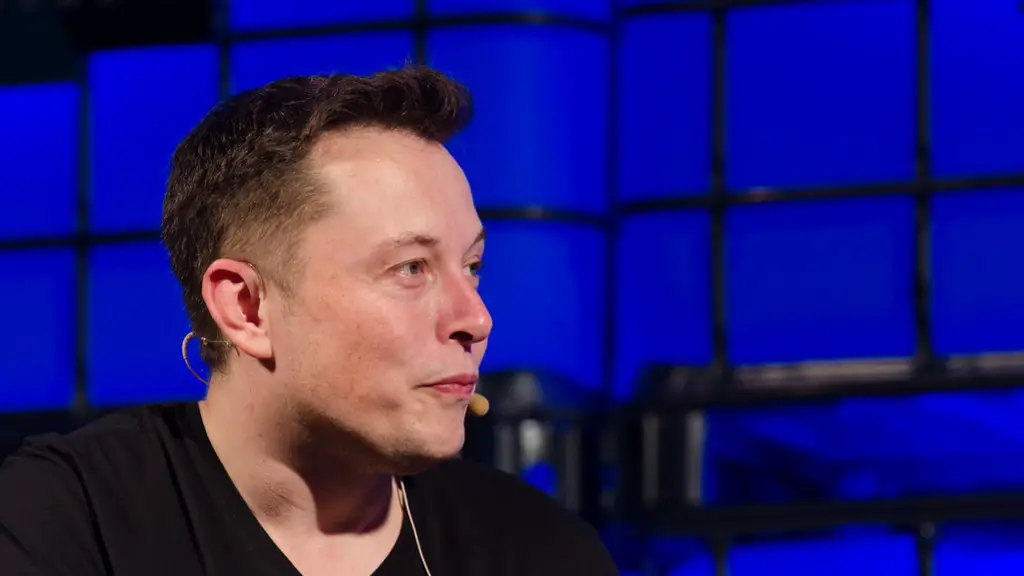Early Years
Mark Zuckerberg was born in White Plains, New York, in 1984. He had a head start in technology from an early age. His father taught him Atari BASIC programming in the 1990s, and he also enjoyed developing computer games. Before attending Harvard, he had already created multiple software applications for use on computers and smartphones.
Zuckerberg excelled in various areas and was a member of several extracurricular clubs. He was an honors student throughout high school and was captain of his debate team. He earned a certificate of proficiency and a medal for excellence in French. Zuckerberg was also accepted into the prestigious students-only Excelsior program in his junior year and was subsequently accepted to Harvard University.
Gaining Admission to Harvard
Mark Zuckerberg was accepted to Harvard University in 2002 on a partial scholarship. One of the main reasons why he was accepted to Harvard was due to his interest in programming. At the time, there were few students that had the same skill set and enthusiasm that he did, and this stood out to the admissions officers. Additionally, his impressive academic and extracurriculars record were strong factors in his successful application.
In his Harvard application, he stated that his “interest in computers started when I was about 11 years old.” He began to take courses on programming languages and algorithms, and he also became a member of the Harvard Computer Society. Additionally, he worked on software projects while attending college, most notably the synchronous communication program “Synapse.”
The Launch of ‘thefacebook’
In 2004, while still attending Harvard, Zuckerberg created the social networking website “thefacebook.” Initially, he only had access to the college databases, and the website was only available for Harvard students. However, it soon expanded to include nearby colleges and universities. By the end of that year, over half a million users had signed up to use the website.
At first, it was possible to join and use the website for free. However, when the company started to generate a large amount of traffic and revenue, it began to introduce changes. By 2006, the website was generating close to $30 million in revenue and Zuckerberg was offered $10 million for a share of the website.
The Rise of Facebook
By 2007, the website had become known as “Facebook” and it had more than 50 million users. It was becoming increasingly popular and investors began to take notice. In 2007, Microsoft invested $240 million in the website, and by 2008, the website had more than 100 million users. Over the next few years, Facebook continued to grow and its popularity on both desktop and mobile devices increased.
Zuckerberg also began to make strategic acquisitions, such as the acquisition of Instagram and WhatsApp, to expand Facebook’s reach. By the end of 2019, Facebook had over 2.5 billion users and was one of the most popular and influential websites in the world.
The Impact of Mark Zuckerberg on Harvard
Mark Zuckerberg’s success as the founder of Facebook has had a lasting impact on Harvard University. He is a prominent alumni, and he has donated money for various projects, such as the construction of a new engineering complex. He has also established scholarships for low-income students and has become a role model for many aspiring entrepreneurs.
Additionally, Zuckerberg has held events at Harvard to bring together students, alumni and technology experts. He has also held conferences where he talks about how technology can be used to improve the world. He has become a symbol of innovation and success, and his story serves as an example of how a person can make the most of their potential.
The Growth of Facebook Since Mark Zuckerberg’s Time at Harvard
Since Mark Zuckerberg’s time at Harvard, Facebook has grown to become one of the world’s most powerful and influential companies. With over two billion monthly active users, it serves as one of the largest online communities. It also provides an ideal platform for business and marketing, with millions of businesses using it to reach out to their potential customers.
Facebook is continuously developing new features to keep users interested and engaged. These include live streaming, augmented reality and virtual reality capabilities. Professional networking platform, LinkedIn, has also been integrated with Facebook to allow users to search for jobs and form meaningful connections.
Facebook’s efforts in online safety and security have also increased over the years. They have introduced tools to tackle cyberbullying, predatory behavior and fake news. They have also taken steps to protect users’ privacy and have developed measures to detect and remove content that violates the company’s community standards.
How Mark Zuckerberg Foresaw the Digital Revolution
Mark Zuckerberg was able to identify a need for a platform that would enable people to connect with one another. He foresaw a future in which digital interaction would play a central role in communication, and that having an online network would become essential. While his peers at Harvard were focusing on creating traditional software applications, Zuckerberg identified the gap in the market and launched thefacebook.
This served as the precursor to Facebook, and he was one of the first to recognize the potential of social media and how it could be used to bring people together. He was also able to anticipate how technology would evolve and how it would be integrated into everyday life. Thus, Zuckerberg’s vision of a digital revolution has helped to shape the way we interact online and use technology in our lives.
The Influence of Mark Zuckerberg on Business, Technology and the World
Mark Zuckerberg’s accomplishments have had a profound impact on the business, technology and world. His success has inspired a generation of entrepreneurs who have gone on to create products and services that have revolutionized the way we live and work. From transportation to healthcare, new products have been created to make life easier and more efficient, and these were all made possible through Zuckerberg’s vision of a digital revolution.
Zuckerberg’s influence has also been felt in the technology world. He has helped to shape the way companies use data and algorithms to generate insights and better understand customer behavior. Additionally, he has implemented some of the strictest privacy policies on the web, which have raised the bar for data protection and privacy.
Lastly, his philanthropic efforts have had a positive impact on the world. He has donated large sums of money to a variety of charities and causes, ranging from improving public education to tackling climate change. Through his philanthropic work, he has helped to raise awareness of some of the most pressing problems facing the world and has helped to provide solutions.


